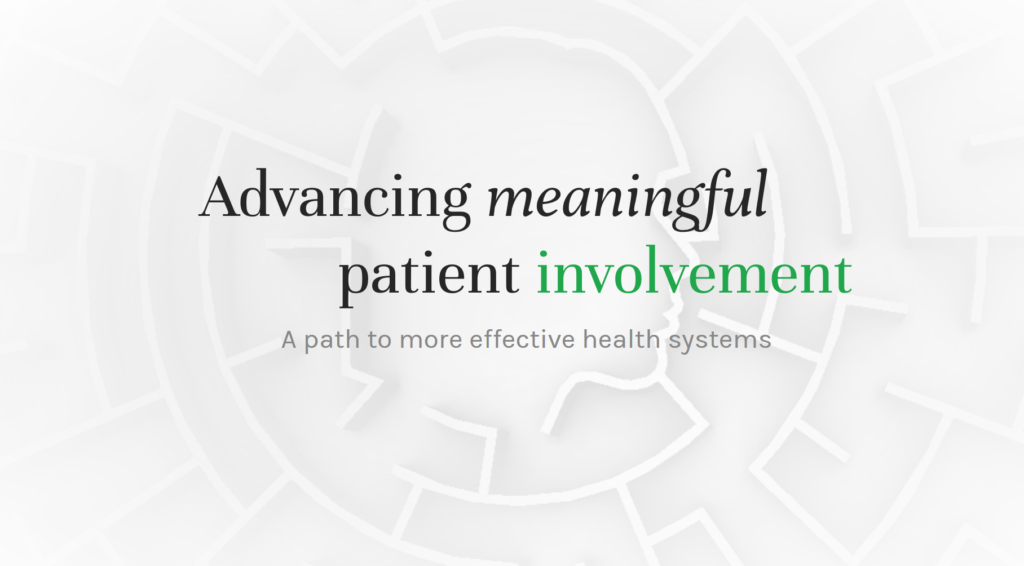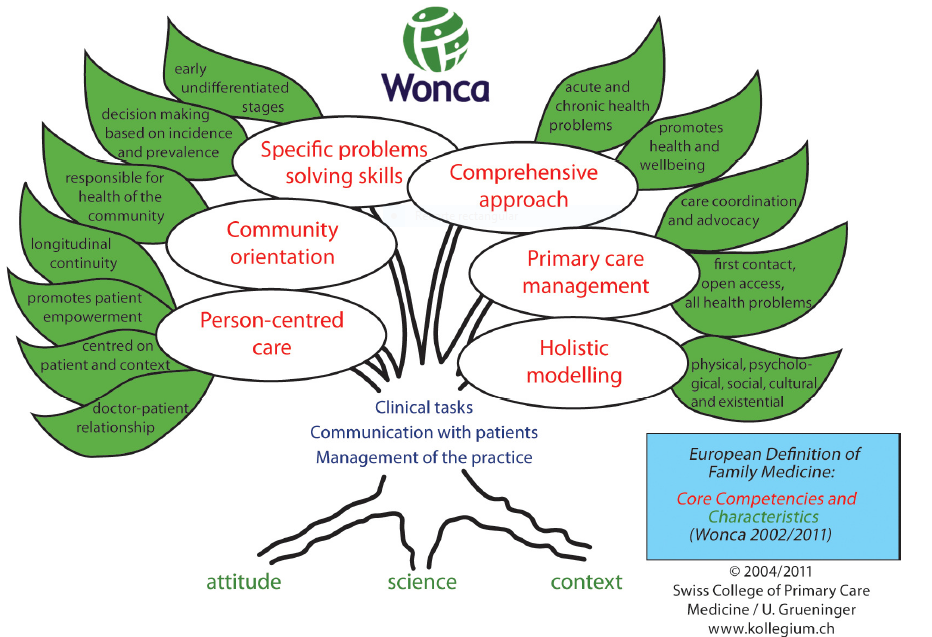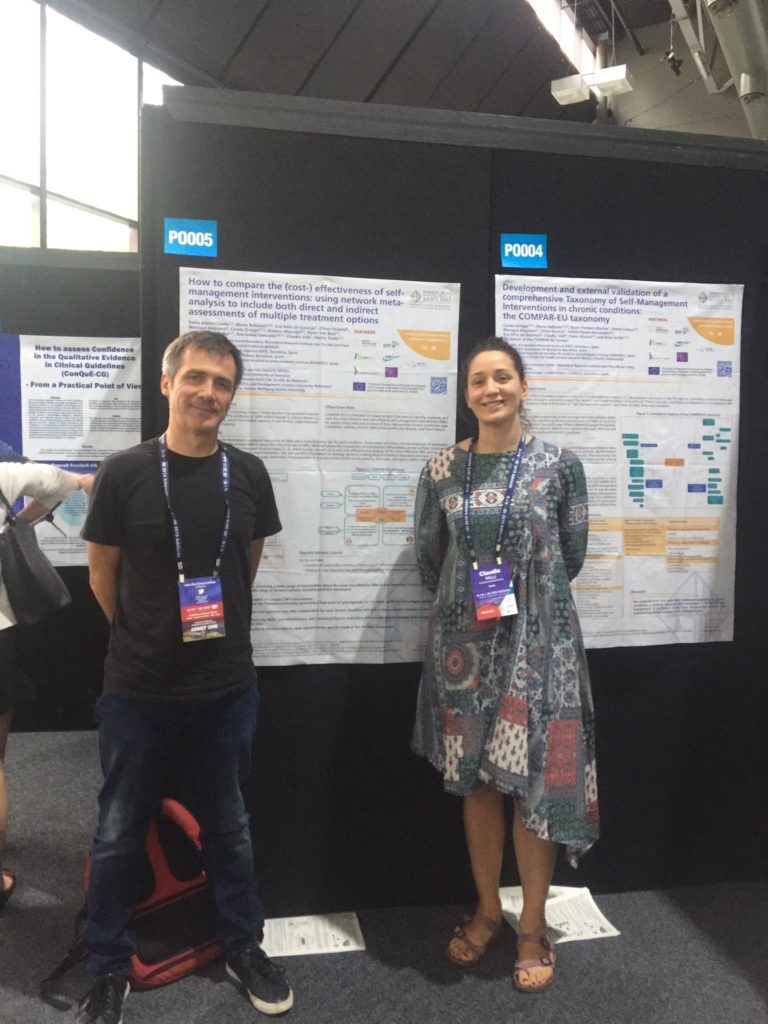
The first ever European Congress on patient involvement provided an exceptional opportunity for dialogue and engagement with a wide range of health players who aspire to make patient involvement a reality. At the event on 12 – 14 November in Brussels, it was explored why patient involvement leads to better outcomes for patients and society, and how patient involvement can be achieved in practice across Europe.
We interviewed a patient who highlighted that there are three key elements of successful patient self-management:
- The patient knows what is expected
- The patient agrees with what is expected
- The patient must be able to follow the plan. Both, in actions and financiall
The event offered the great opportunity to discuss our approach on patient involvement in COMPAR-EU.
Fun fact: The stairs of the venue attract to use them: They were marked with the number of calories you will lose while climbing the stairs.




